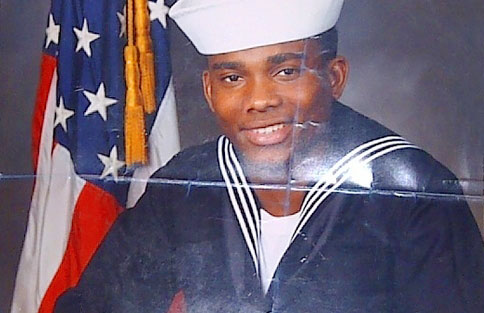In 1989, Howard came to the United States from Jamaica at age 17 as a lawful permanent resident, with his mother who is a U.S. citizen. He joined the Navy after graduating high school and was soon deployed to the Persian Gulf to serve in Desert Storm.
In 1995, soon after he returned home after service, some acquaintances sent Howard a package containing marijuana. Federal agents had been tracking the package and arrested Howard. Howard had never before had any interaction with the criminal justice system. His lawyer recommended that he take the plea and serve 15 months.
Upon his release, Howard was determined to rebuild his life. He saved up money to start a business. He first owned and ran a small restaurant with two employees and later started a trucking business, employing up to five drivers. He was able to buy two homes. His wife and children were always the center of his life. He became a mentor for other returning veterans. In 2005, Howard applied for citizenship. He honestly reported his conviction from 10 years earlier and supplied all the records related to the case. After five years of delays, Howard’s application was denied. Immigration officers handcuffed him in front of his wife and children and he was placed in deportation proceedings.
Howard spent nearly two years in immigration jails far from his home. He tried to fight his case and ask a judge to consider his individual circumstances: an armed service veteran who defended the United States, a lawful permanent resident who owned a business and employed several people, a husband with a wife and two children who were dependent on him. But because, under current law, a judge has no ability to consider these circumstances, the judge had to mandate his detention and deportation based on Howard’s old criminal conviction from more than fifteen years before,
Howard was deported in May 2012 and is now in Jamaica, a country he hasn’t seen in 24 years. He can no longer support his family and lives in constant fear for his own life, as deportees are stigmatized in Jamaica and targets of violence. At the same time, his family in the United States is deteriorating. His 16 year-old daughter has gone from being an honor roll student to barely passing and is struggling emotionally. His 18 year-old son is struggling and starting to get into trouble. His home is in foreclosure, and his business has shut down.
Read more about Howard’s story in POLITICO Magazine


